Newburgh Barbershops: Conversations and Community
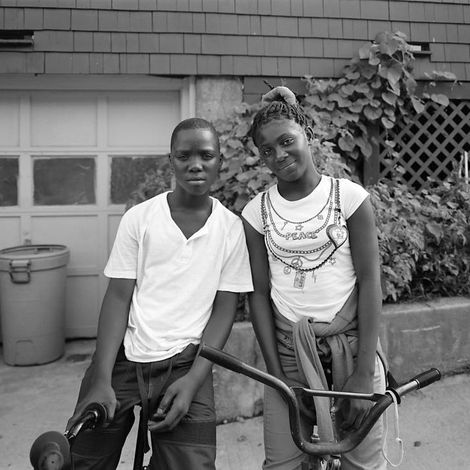
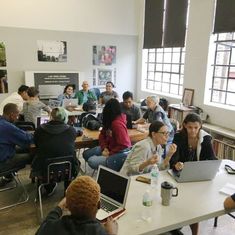
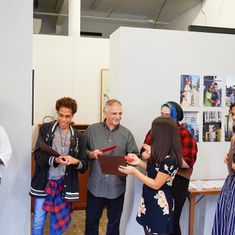
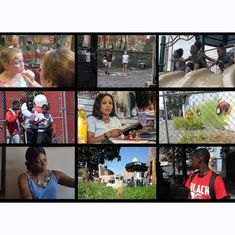
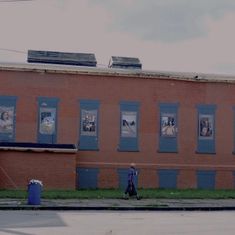
Almost 150 years ago, Frederick Douglass's visit to Newburgh centered around a speech he gave on exercising the right to vote. Social justice, equality, and freedom were central in his writing to expand the rights of African-Americans and women's rights. In the evolution of black identity, which is directly aligned to expanded civil rights, barbershops were "not just a response to Jim Crow." They were safe places where trust and community were built. These barbershops, "though initially blocked from serving black patrons...evolved into spaces where African Americans could freely socialize and discuss contemporary issues....For many African Americans, getting a haircut is...an experience that builds community and shapes political action." (Hunter Oatman-Stanford, Straight Razors and Social Justice: The Empowering Evolution of Black Barbershops, Collectors Weekly, May 30th, 2014)
Vincent Cianni and the participants of the Newburgh Community Photo Project's #EveryDayNewburgh workshop will collaborate with the Frederick Douglass in Newburgh committee, as part of its commemoration of Douglass's visit to Newburgh and the passage of the 15th Amendment giving black men the right to vote in 1870, to photograph twenty to twenty-five barbershops in the City of Newburgh during the month of January, 2019.
The project is intended to document Newburgh's barbershops, the barbers, and its clienteles (including Hispanic shops) with photographs and interviews, What is their function? How do they shape identity? What issues are important to those who gather in neighborhood meeting places that serve as social, political, and cultural signifiers in a changing Newburgh?
The project will culminate in February, 2019 with an exhibition of photographs at Newburgh Community Photo Project, a public installation at 21 Liberty Street, and a panel discussion on black public spaces, political engagement, and activism.